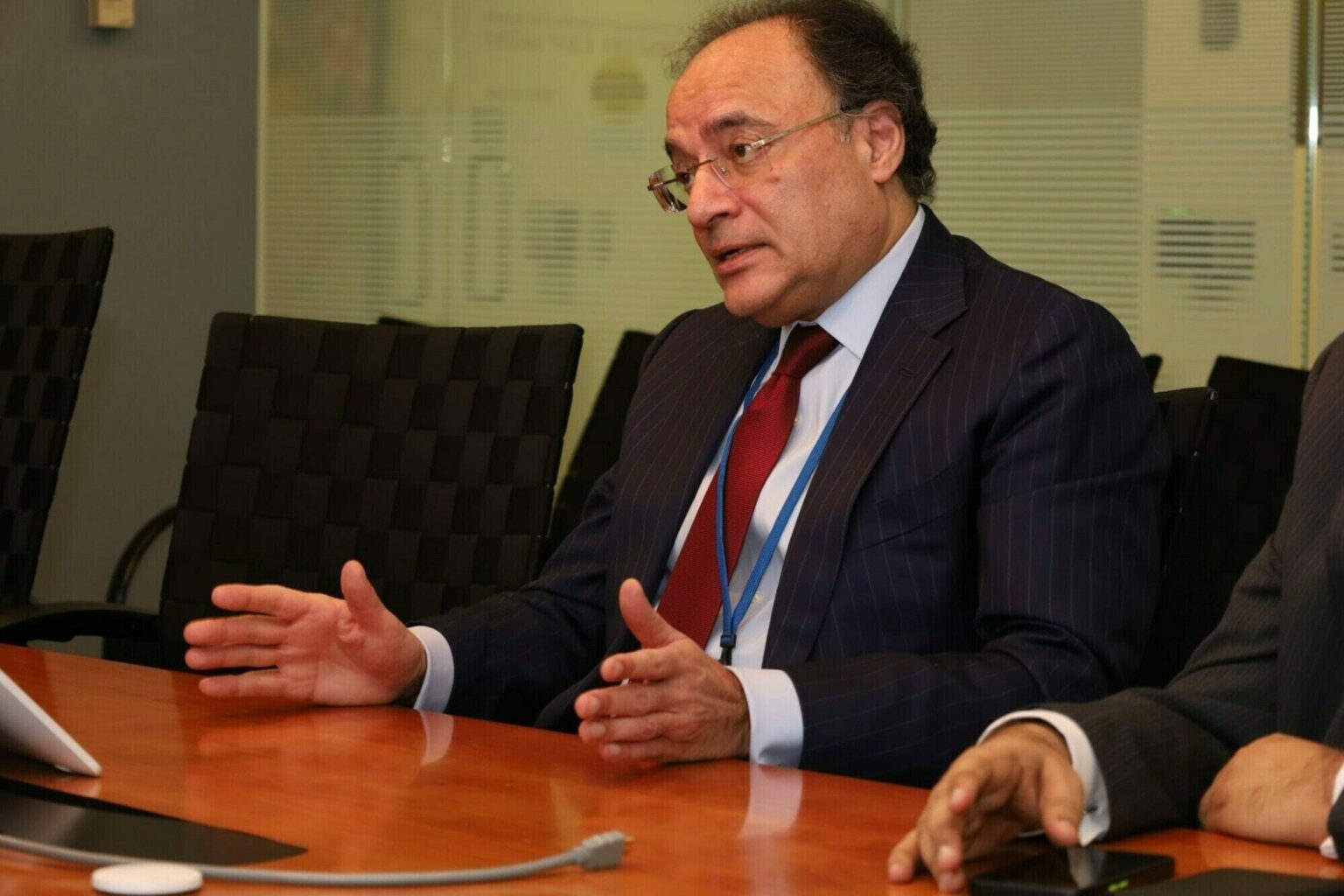Islamabad, Dec 3: Finance Minister Muhammad Aurangzeb emphasized on Monday the necessity of adhering to the reform agenda to ensure Pakistan completes its final International Monetary Fund (IMF) program and achieves long-term economic development.
Briefing the National Assembly Standing Committee on Finance, chaired by Syed Naveed Qamar, Aurangzeb highlighted commitments to the IMF, including reforms in taxation, energy, state-owned entities (SOEs), and public finances. Sensitive topics led to a partially in-camera session for selective discussions and Q&A.
Economic Reform
The minister outlined the government’s commitments and progress on IMF targets, including fiscal and governance reforms, quantitative performance criteria, structural benchmarks, and provincial contributions. Achievements noted included eliminating State Bank credit to the government, enacting deposit insurance legislation, and reducing the primary budget deficit.
Aurangzeb identified rapid population growth as a significant economic challenge, cautioning that reforms alone would not ensure stability.
He detailed how the government reduced inflation from 38% to below 5%, stabilized the currency, and increased foreign reserves to cover 2.5 months of imports, with projections indicating they will support three months of imports by mid-2024.
He underscored the importance of meeting IMF goals, including privatization and rightsizing, while collaborating on a 10-year climate change program with the World Bank.
However, the minister introduced the 10-year Country Partnership Framework with the World Bank, aimed at addressing population growth, stunting, and climate change.
The committee discussed provincial roles in meeting IMF targets, focusing on agricultural income tax reform.
The minister highlighted the need for provinces to align tax codes with federal standards by January 2025. Concerns arose over potential economic impacts from tripling agricultural taxes, prompting recommendations for reduced, incentivized rates to boost compliance.
The FBR chairman presented measures to address revenue shortfalls and pledged a detailed transformation plan in the next meeting.
Furthermore, the committee also sought explanations for missed IMF targets, such as minimum domestic debt maturities and government spending on health and education.
Additional reforms include halting gas supplies to captive power plants and requiring asset disclosures from both federal and provincial officers, as reported by the Finance Secretary.
The government is restricted from offering tax incentives or supplementary grants under IMF guidelines.
